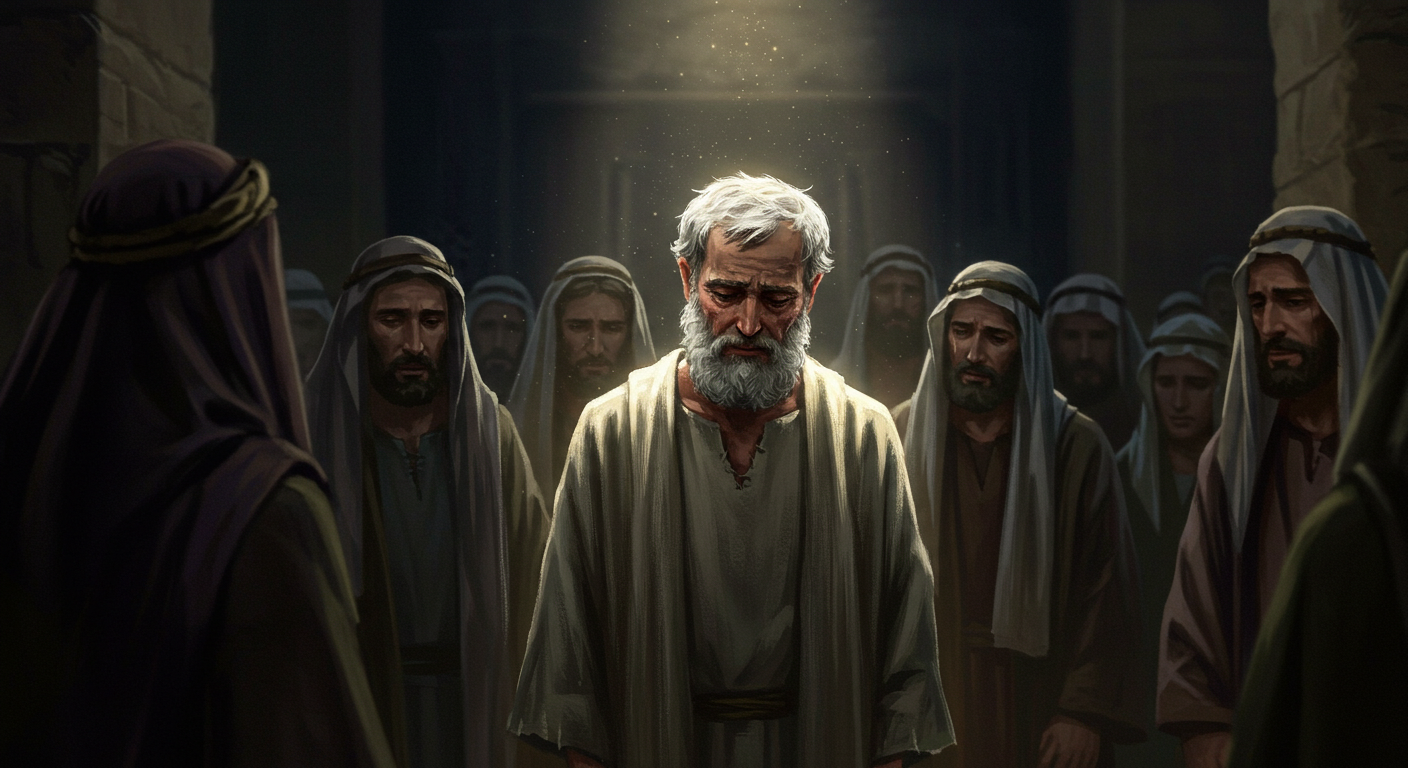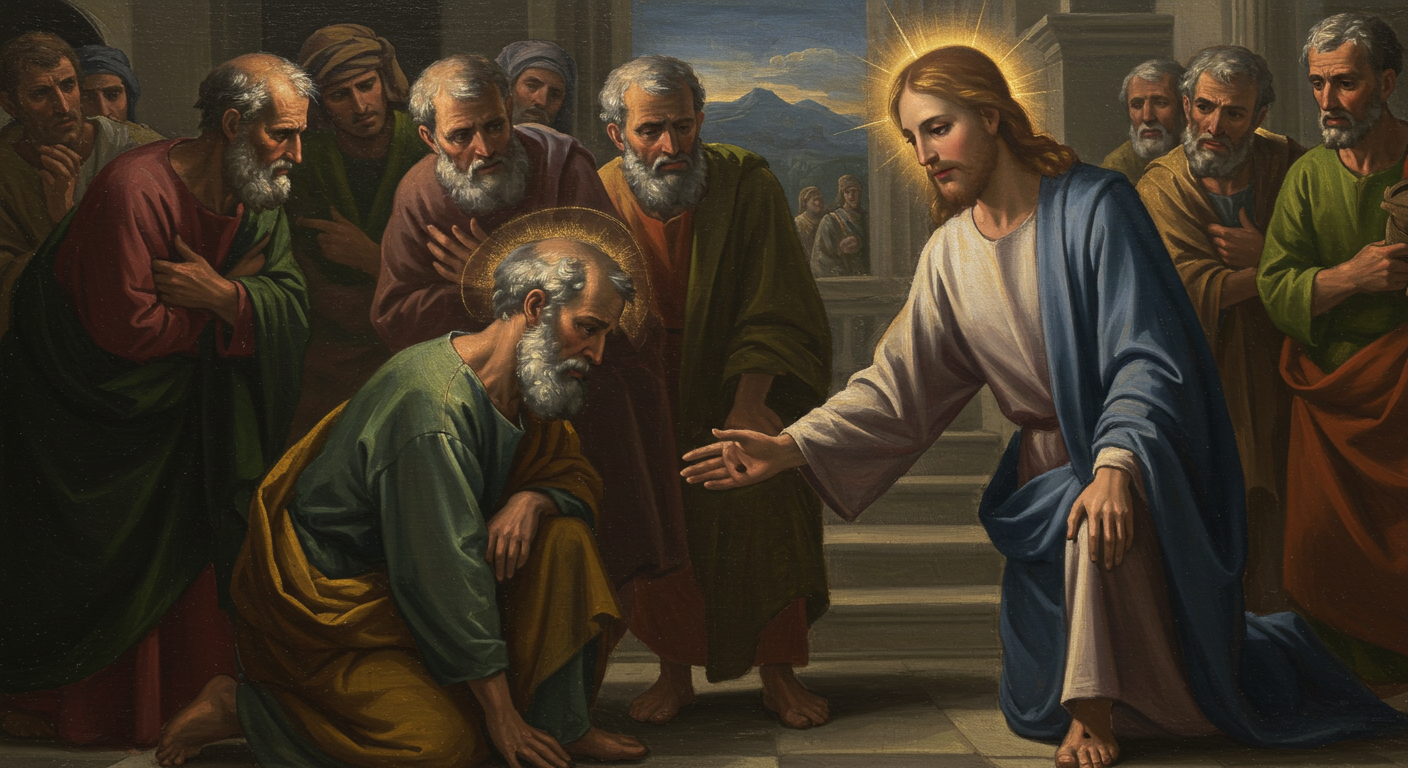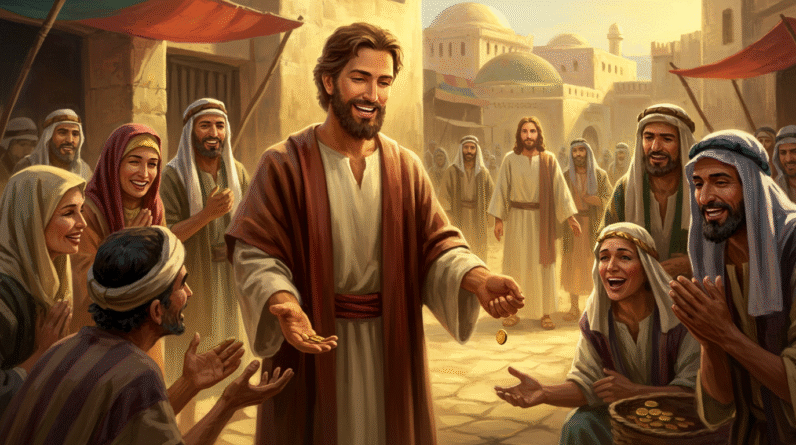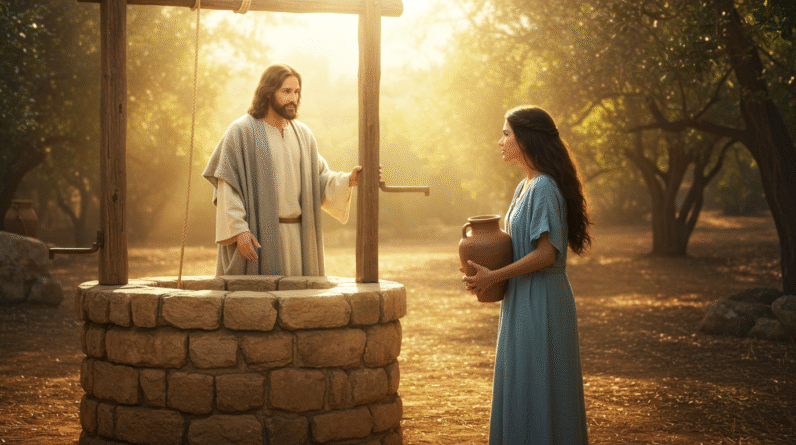Peter: Restoration After Failure
Exploring the story of Peter—one of Jesus’ most devoted followers who faced an infamous failure and ultimately found restoration—can provide us with profound insights. Known for his zealous spirit and passionate declarations, Peter’s relationship with Jesus highlights the interplay of faith and human frailty, ultimately culminating in a remarkable restoration. His story is both a cautionary tale and an encouragement to anyone seeking redemption after failure.

Introduction
Peter, a fisherman by trade, emerged as one of Jesus’ closest and most outspoken disciples. His journey reflects an extraordinary blend of faith and vulnerability, echoing the universal human experience of imperfection. Among the dramatic moments of Peter’s life, his denial of Jesus—three times before the rooster crowed—stands out as a moment of weakness shared in all four Gospels. Yet, this very moment of failure becomes the pathway to Peter’s restoration and strengthens his role in the early church’s founding. Through Peter’s story, we see that even the most faithful among us can fall, but redemption is always within reach (Luke 22:54-62; John 21:15-19).
Peter’s Story in the Bible
Peter’s journey through the Gospels is one of both intimacy with Jesus and personal challenges. Initially, Simon (as he was known) met Jesus by the Sea of Galilee, where he was called to become a “fisher of men” (Matthew 4:18-20). His place among the inner circle of disciples—witnessing miracles and teachings—fueled his intense devotion to Jesus, visible in moments like his walking on water towards Jesus (Matthew 14:28-31).
However, Peter’s story is punctuated by his denial of Jesus, which remains a seminal moment. During the Last Supper, Jesus foretold Peter’s denial, expressing, “Before the rooster crows today, you will disown me three times” (Luke 22:34). Despite Peter’s vehement disagreement, the prediction came true. While Jesus was being tried, Peter’s fear overtook him, leading to his denial of any association with Christ. This painful failure left Peter weeping bitterly (Luke 22:54-62). Yet it’s within this failure that his vulnerability shines through—a complexity that makes his story deeply relatable.
After Jesus’ resurrection, a pivotal moment unfolded by the Sea of Galilee. Jesus reinstated Peter in a profoundly personal act, asking him three times, “Do you love me?” This thrice-repeated question paralleled Peter’s three-fold denial, symbolizing reconciliation and renewal (John 21:15-19). The unspoken exchange sealed Peter’s restored commitment, preparing him to ‘feed Jesus’ sheep’—a metaphor for leading and nurturing the early Christian community.
Lessons from Peter’s Life
Peter’s life offers numerous lessons about resilience, faith, and forgiveness. Firstly, it teaches us about the complexity of human nature. Even those of passionate faith can stumble. Peter’s denial underscores the reality of human weakness, reminding us that failure is not final unless we let it be.
Secondly, Peter’s restoration illustrates the boundless scope of grace and redemption. Though he failed when his allegiance was tested, Peter didn’t allow this failure to define him. Jesus’ act of restoration shows that forgiveness is always available, no matter the depth of our shortcomings. This speaks volumes about the transformative power of compassion and renewal.
Finally, Peter’s journey from failure to restoration reminds us of the importance of love as a foundational principle. Jesus’ questioning underscores love as the primary qualifying factor for leadership and service. By preparing Peter to “feed my sheep,” Jesus emphasizes that love should drive both personal and communal betterment.
Connection to Today’s World
In modern society, Peter’s story resonates due to its universal depiction of failure and restoration—a cycle every person can relate to. Today, people often grapple with feelings of inadequacy or fear of failure in both personal and professional arenas. Whether it be a failed relationship, career setback, or personal misstep, Peter’s experience provides a hopeful lens through which we can view our challenges.
Peter’s story is a reminder that failures do not define us, nor do they preclude future success or forgiveness. His conversion from failure to leadership underscores the potential for growth following a fall, shedding light on resilience as a critical trait in facing life’s uncertainties. This resonates in a world that increasingly values the transformative journey over the destination.

Key Bible Verse
“Simon son of John, do you love me more than these?” (John 21:15)
This verse encapsulates the core of Peter’s restoration and transformation. Jesus’ question invites not only a confession of love but a reflection on priorities and devotion. In asking Peter to declare his love, Jesus validates Peter’s worth and capacity for service, underpinning that love’s renewal can propel us beyond failure to impactful living.
Thought-Provoking Question
How often do you allow fear or past failures to dictate your feelings of worth or potential? Where in your life might you let love renew your path forward, just as with Peter’s story?
Historical/Cultural Context
Understanding the historical context of Peter’s journey is key to grasping its profundity. First-century Palestine was a region under Roman occupation, rife with political tension and spiritual fervor. As a fisherman, Peter belonged to a humble trade; his call to discipleship reflected the revolutionary egalitarianism of Jesus’ ministry. Furthermore, denying one’s association with a revolutionary figure like Jesus highlights the social and personal stakes Peter faced amid the political currents of the time.
Comparison with Other Characters
Peter’s story is similar to King David’s—a man after God’s own heart who also experienced moral failure yet underwent profound restoration. Both demonstrate that despite committing significant offenses, divine grace and sincere repentance can lead to pivotal roles in God’s plan. Such narratives profoundly portray the transformative possibilities inherent in redemption.
Prayer
Heavenly Father, just as you restored Peter with love and compassion, help us seek You in times of fear and failure. Empower us to rise beyond our shortcomings, rooted in the unwavering assurance of your grace. Guide our hearts to lead with love, embracing the fullness of Your redeeming work. Amen.







